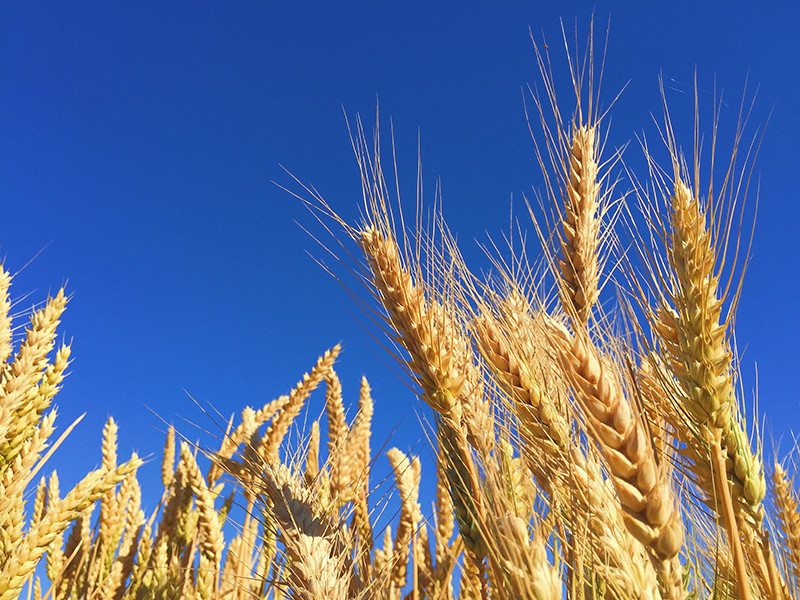Meditations
Count your blessings
We would do well to “count our blessings”.
We so readily get caught up with the mundane and often onerous things of life with all their pressures and become complaisant, dissatisfied, even disgruntled. But, to stop and purposely think about the numerous blessings we have can put things in better perspective.
David did this at a time in his life when everything was wrong. David subsequent to his sin with Bathsheba spoke thus with himself:
“Bless Yahweh O my soul: and all that is within me, bless his holy name. Bless Yahweh, O my soul, and forget not all his benefits.” (Ps 103: 1–2).
David speaks to his own soul — with himself. It’s as if he’s trying to convince himself of the benefits that Yahweh had provided in forgiveness. He had to deliberately engage in this practice, lest he took it for granted.
So, what blessings do we have? Several things come to mind.
We have natural blessings such as food, clothing, and shelter (Gen. 26:12; 39:5; 49:25–26; Deut. 28:1–14). But, God himself encourages us not to put our trust in them, but rather in He who has provided (Deut. 8:11–14; Matt. 6: 20–21, 25–33; Luke 12:15–21; 1 Tim. 6:6–10). Besides, not all of the faithful have such blessings. Perhaps “godliness with contentment” (with whatever we do have) is the key here. We do have a lot to be thankful for in the material things in life; if we do not appreciate them as a blessing from God, we may, indeed, forget the provider.
We also have those blessings that have the most intimate influence upon us in our relationships: a wife or husband, girlfriend or boyfriend, or children (Prov. 18:22; Psa. 127:3–4; 128:3,6). But these things are not blessings for some! Jeremiah was denied them all even though he faithfully served God ( Jer. 16:2). While his ministry was one of misery, Jeremiah still appreciated His God (Lam.1–20 c.f., vv21–26, 32–41; vv53–55 c.f., vv56–58; Jer. 16:19; 17:14; 20:13).
The greatest of benefits are those that are eternal and affect our relationship with God and those in covenant relationship with Him. Here’s a list that I have compiled over time. It’s a general list rather than specific personal blessings for the reason already stated. This list has been in the back of my Bible for a long time. Every now and again I read through it, or add to it.
- Relationship with the Father and His Son
- Access to the throne of grace in prayer
- Forgiveness of our sins
- Guidance and protection
- Relationship with fellow refuge seekers
- Encouragement and support of brethren
- Their prayers
- Their assistance
- Their word in season
- Their admonition when needed
- Spiritual environment (for ourself and family)
- The Hope of the Age to come
- Friendships with like-minds (for ourself and family)
- Wholesome lifestyle and its blessings
- Purpose and goal in life
- Spiritual resources by those who know/knew the Truth
- Bible schools and spiritual activities as oasis in a wilderness
- A World-wide family
Like David in his meditation in Psalm 103, we can take just one of the items on the list and expand it. David’s theme is forgiveness, and he thinks upon this and expands upon the idea that God is willing to forgive. You can see in the list above in the sub-points how we’ve done the same. You could go through and expand upon those that don’t have sub-points.
Herein lies the idea behind biblical meditation. Stopping to think about the implications of some fact about God. It is an exercise well worth cultivating as a habit.
Photo by Melissa Askew on Unsplash
